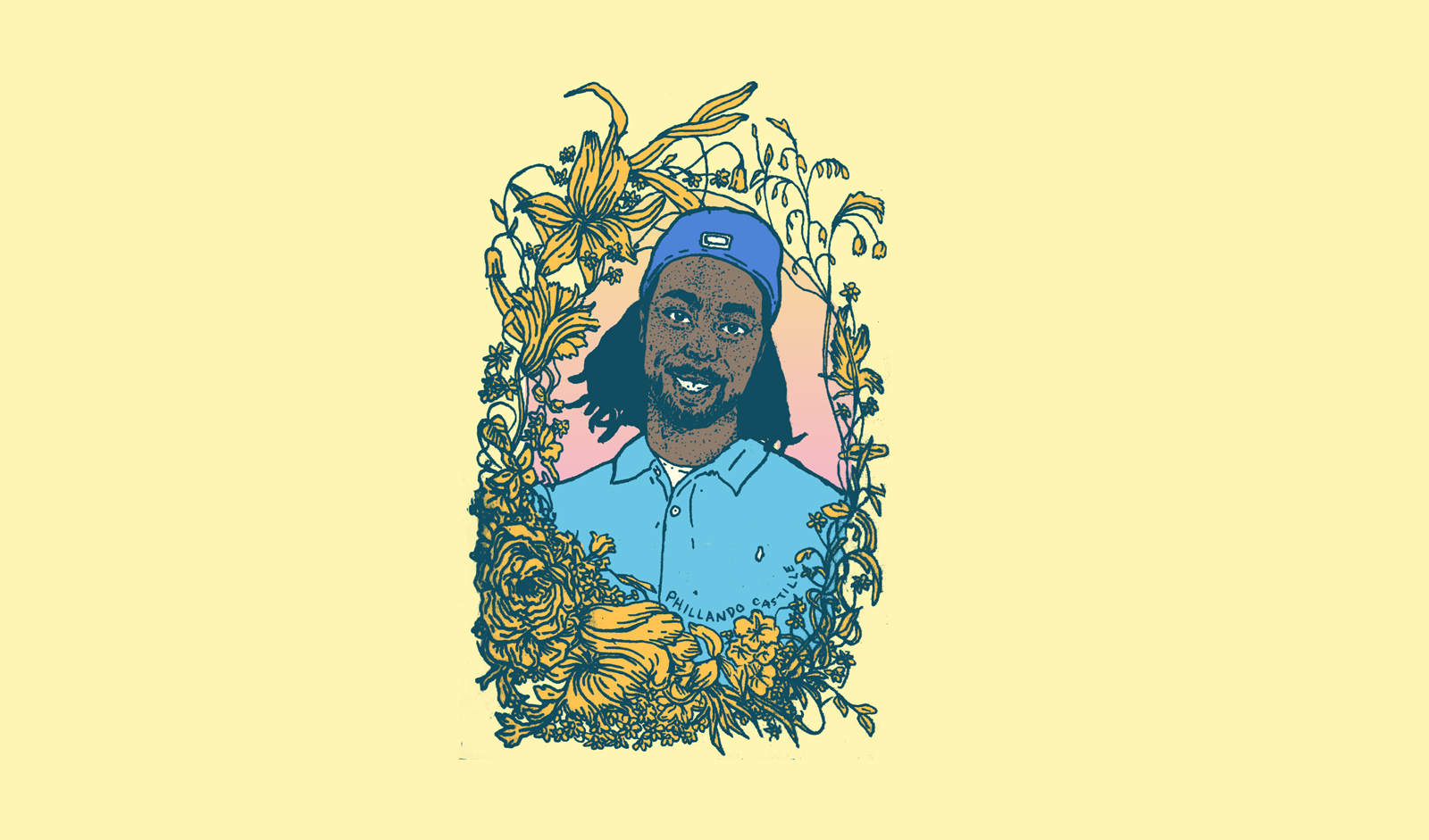
I wake up fighting.
The sun shines. I don’t know why.
Life is one continuous battle.
I leave the tv off. No news. Quiet. My parakeets, Safari and Faren, chirp in the background. I wonder: Are caged birds ever really happy?
My mind revs as I try and fail to locate that Zen state.
My thoughts swirl. Trauma Informed Care. I looked it up before bed last night. Bad move. In my sleep I began composing an email to make work better for those we serve and those who do the serving. Who isn’t traumatized?
I read the latest issue of The New Yorker. “Empathy for the Devil,” Emily Nussbaum’s take on Orange is the New Black (a show I’ve not seen), captures me. I underscore lines like: Poussey was educated, world-travelled, and middle-class, but she died as any black inmate might, as a cipher crushed by a racist system. And: Yet the fourth season is most provocative when it refuses to resolve its emotional contradictions, by showing how insufficient an apology can be, how despair can be as reasonable a response as faith.
…How despair can be as reasonable a response as faith. A perfect truth for the query letter for my memoir, Smiling Is Not Resilience. The last publisher declined saying, “You are an excellent writer, and your story is so well told and heartbreaking and relatable on some level with so many. However, we felt that the manuscript didn’t give closure. We were left feeling somewhat adrift, without the sense of moving forward, or moving in a new direction…” And my response to them: Thank you for your consideration and feedback. The intent of the manuscript is to not leave the traditional and expected “closure.” The goal is to encourage us to become more comfortable with being uncomfortable. This for many is the hero’s journey ignored.
But I stop underlining Kelefa Sanneh’s “There Goes the Neighborhood: Is it really a problem when poor areas get richer?” in the same The New Yorker magazine. Referring to Mitchell Duneier’s “Ghetto” (Farrar, Straus & Giroux), Sanneh writes: But for him that sting shows us just how much inequality we still tolerate, even as attitudes have changed.
Mingled and interrelated are conversations—ad nauseam—on equity, inclusion, equality. And as one wise twenty-something, white coworker lamented, “Equity and inclusion are not profitable; however, TALKING about equity and inclusion is.” He stated this as one of the reasons he is moving on. And I had to admit not much has changed.
And so still, pre-Zen, I open up Facebook.
There’s a video.
There’s a video.
There’s a video.
I read some of the comments.
I hit play.
I hit play.
I hit play.
The sun shines. I don’t know why.
I watch a woman in a car. I witness a man bleed to death. I hear a child in the background.
No worries the woman says to the cop who has killed her boyfriend.
I watch a woman in a car. I witness a man bleed to death. I hear a child in the background.
No worries.
No worries.
No worries.
My tears flow.
For the first time I’m glad my James is already dead.
I’m so thankful I don’t have children to lose.
My tears flow.
My heart…my soul…my…resilience breaks—again.
I feel no closure. I am left feeling somewhat adrift, without the sense of moving forward, or moving in a new direction….